
Fidelity: Infidelity Series
Book
He thought she could save those she loved. He thought he could save her. They'll both learn the...
Romance fiction
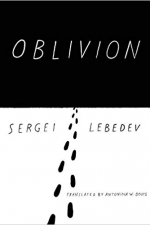
Oblivion
Antonina W. Bouis and Sergei Lebedev
Book
In one of the first twenty-first century Russian novels to probe the legacy of the Soviet prison...
Thriller
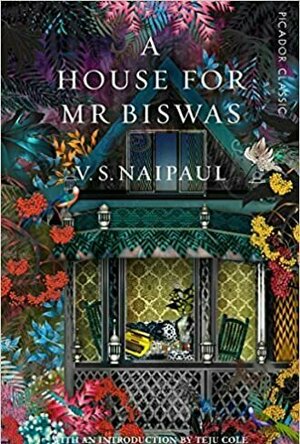
A House for Mr. Biswas
Book
With an introduction by author Teju Cole, A House for Mr Biswas is Nobel Prize in Literature winner...
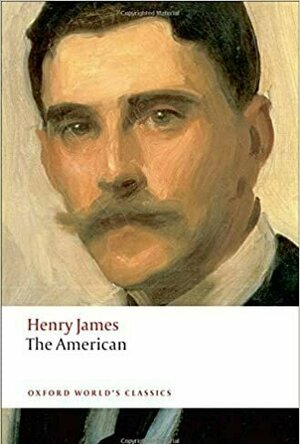
The American
Book
A wealthy American man of business descends on Europe in search of a wife to make his fortune...
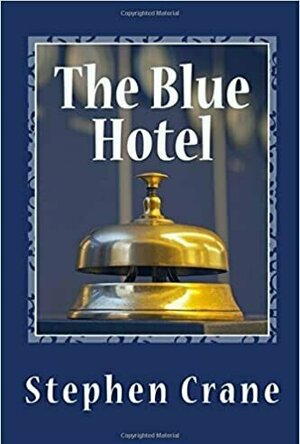
The Blue Hotel
Book
The Blue Hotel" is considered one of Crane's finest three short novels, along with the "Open Boat"...

Witch (Sydney Hart #1)
Book
“Do not think you can just read this book... no, you cannot, you will live in it... you will fall...
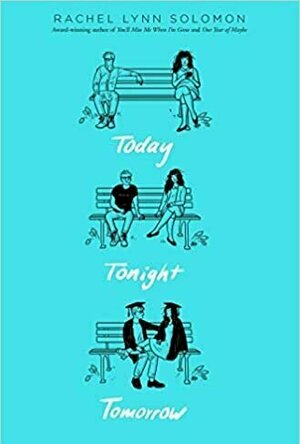
Today Tonight Tomorrow
Book
Today, she hates him. It's the last day of senior year. Rowan Roth and Neil McNair have been...
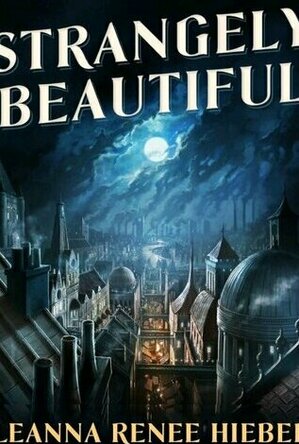
Strangely Beautiful
Book
Originally published as two books, Strangely Beautiful unites Leanna Renee Hieber's critically...
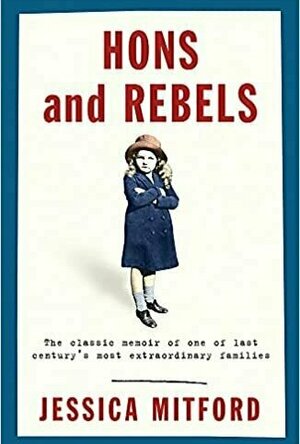
Hons and Rebels
Book
'This book is just about my favourite book of all time ... I'm not entirely convinced I could like...

A is for Aftercare (The Alphabet of Desire #1)
Book
Archie Never in my wildest dreams did I expect to end up working for my #1 favourite author. Nor...
Contemporary MM Romance